CONTENTS
ABOUT THE BOOK
The founder of Richer Sounds is one of the finest entrepreneurs we have. Archie Norman, chairman of Marks & Spencer
Capitalism has lost its way. Every week brings fresh news stories about businesses exploiting their staff, avoiding their taxes, and ripping off their customers. Every week, public anger at the system grows. Now, one of Britains foremost entrepreneurs intervenes to make the case for putting business back firmly in the service of society, and setting out on a new path to a kinder, fairer form of capitalism.
Drawing on four decades of hands-on management experience, the founder of Richer Sounds argues that ethically run businesses are invariably more efficient, more motivated and more innovative than those that care only about the bottom line. He uncovers the simple tools that the best leaders use to make their businesses fair, revealing how others can follow suit. And he also delves into the big questions that modern capitalism has to answer if it is to survive and to thrive. When should and shouldnt the state intervene in the workings of commercial enterprises? What does business as a whole owe back to the wider community? Is the relationship between leaders of big corporations and politicians too cosy, and, if so, what is to be done about it?
At heart, The Ethical Capitalist is a plea for a new sense of moral purpose in business. If that takes hold, Julian Richer believes, capitalism might just be saved from itself.
ABOUT THE AUTHOR
Julian Richer established Richer Sounds in 1978. His business now turns over in excess of 200 million a year, and Richer Sounds has won the prestigious Which? Best Retailer award (2010, 2011 and 2015). In 2011 Richer Sounds was granted a Royal Warrant by HRH The Prince of Wales for the supply of consumer electronic products to the Royal Household. The first shop to be opened, near London Bridge, has for over 20 years been listed in Guinness World Records as achieving the highest sales per square foot of any retail outlet in the world. Fifteen per cent of the companys profits are donated to charitable causes (over 400 of them in 2017). In addition to his commercial activities, Julian Richer is the founder and a trustee of Acts 435, set up to help those in need, and in 2013 he established ASB Help, which works with victims of anti-social behaviour. He lives in Yorkshire.
Also by Julian Richer
The Richer Way
Richer on Leadership
To my wife Rosie
PRELIMINARY NOTE
IM VERY AWARE that anyone who writes a book with the word ethical in the title is asking for trouble. So let me admit at the outset that I am deeply flawed!
Im also aware that it must seem contradictory for me to be critical of many aspects of capitalism when I myself have done so well out of it.
But I do believe there are better ways of doing things, and I hope my own shortcomings dont get in the way of letting me put across views that I strongly hold.
PREFACE
WITH MORE THAN forty enjoyable and challenging years in business under my belt, I am proud to call myself an entrepreneur. But as I look around I am increasingly angered by what I see elsewhere: disreputable people (mostly men) running their companies in a way that involves taking as much as they can from society and then sneaking their profits out of the country. No doubt they think theyre clever.
Id like to think that while they are abhorrent, they are also in a minority. Nevertheless they grab the headlines and give other entrepreneurs and traders a bad name. Furthermore, their activities often seem to be treated and forgiven as though they are an inevitable by-product of the capitalist way of doing things.
I dont accept this. In my view its possible to run a company both successfully and ethically. In fact, Id go further. My own experiences in the business world suggest that an ethical approach, far from being a potential barrier to profits, is actually the secret to success.
My retail chain, Richer Sounds, has survived and thrived for more than forty years, through three recessions and the onslaught of internet selling. We may not be a huge global company, but we know what it means to fight for every pound in a highly competitive marketplace that has gone through immense technological change. In the early 1980s, when we sold the hi-fi separates we were so passionate about, we could not have imagined the way people acquire and listen to music these days (nor the size of TV screens now!). The success and resilience of Richer Sounds has only been possible, I believe, because we try to act in an ethical way.
What do I mean by ethical? I mean treating staff, customers and suppliers honestly, openly and respectfully. I mean taking responsibility for our actions, owning up when things go wrong and setting out to put them right. I mean seeing ourselves as an integral part of society and paying our dues and taxes accordingly. By following this approach I believe we create a virtuous circle for ourselves: not only can we sleep better at night, but a fair and honest approach to customers and staff leads to a huge competitive advantage that in turn reinforces the need to be fair and honest.
To my mind, ethical business is about two interrelated questions. The first is, what are the whys and wherefores of operating an ethical organisation? The second is, how can we, as a society, ensure that capitalism more generally is ethically controlled?
Let me say at the outset that I am an absolute believer in capitalism. I think it is the only economic system humans have so far come up with that offers the real promise of personal prosperity and well-being. However, I am also deeply aware of its shortcomings. People sometimes argue that either you are a capitalist, in which case you accept its drawbacks, or youre not. I dont believe that at all.
INTRODUCTION
MY INVOLVEMENT IN the world of business began early on. When I was fourteen, I bought a Bang & Olufsen turntable for 10, cleaned it up and promptly sold it for 22. The profit I made equal to a terms pocket money in 1973 was enough to get me hooked. By the time I was seventeen I was hiring a large white Mercedes every Tuesday and Thursday afternoon to ferry me around Bristol as I bought up and then resold stereos that local shops had taken in part-exchange during the hi-fi separates boom of the early 1970s. From there it was only a short step to getting a hi-fi shop of my own, just two years later when I was nineteen, in tiny premises at London Bridge.
Arguably, my first encounter with the world of ethical business came even earlier than my first business deal. As a young child I listened as my parents recalled how they met when they were both trainee managers at the Kilburn branch of Marks and Spencer and as they described what the company had been like to work for. In those days, they explained, M & S was a very paternalistic organisation. When the chairman visited a branch he might have arrived in a chauffeur-driven limousine but the first thing he did was to check the staff loos for cleanliness and the canteen for the quality of the hot food on offer. My parents always talked about him with respect. I therefore grew up with the idea that a company should care about its employees and that if it did the employees in turn would be loyal to the company. Later, when I went to Clifton College, I was to be hugely inspired by my housemaster Ernest Polack, whose idea of a holiday was to go to South Africa to demonstrate against apartheid (and to get beaten up for his troubles). He instilled in me a passionate belief in equality and human rights, just as many years later my wife was to inspire me with her deeply held Christian beliefs and values.

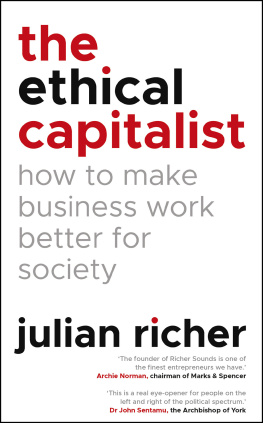
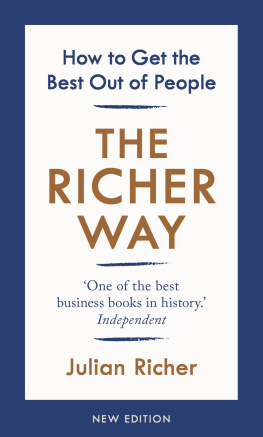
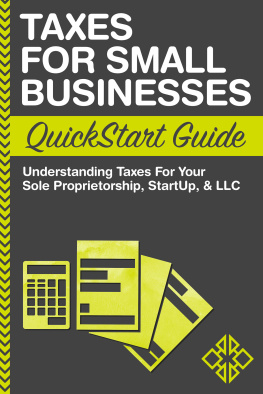
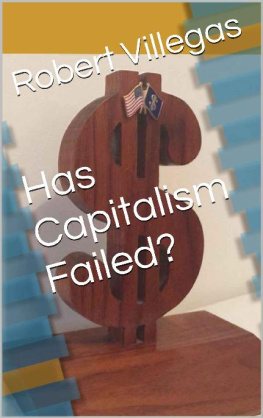

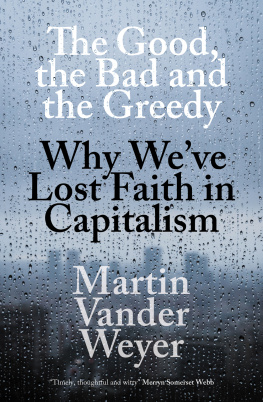
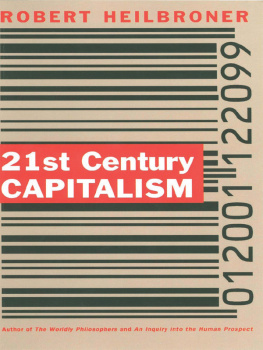
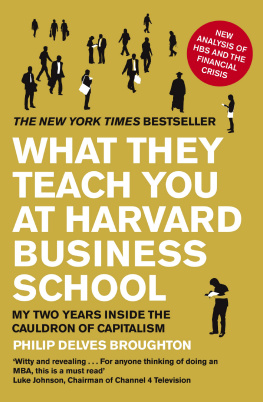
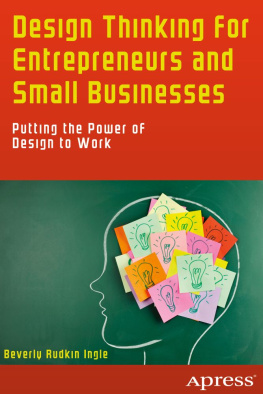
![Mark Satterfield [Mark Satterfield] - The One Week Marketing Plan: The Set It & Forget It Approach for Quickly Growing Your Business](/uploads/posts/book/124042/thumbs/mark-satterfield-mark-satterfield-the-one-week.jpg)

